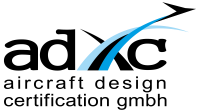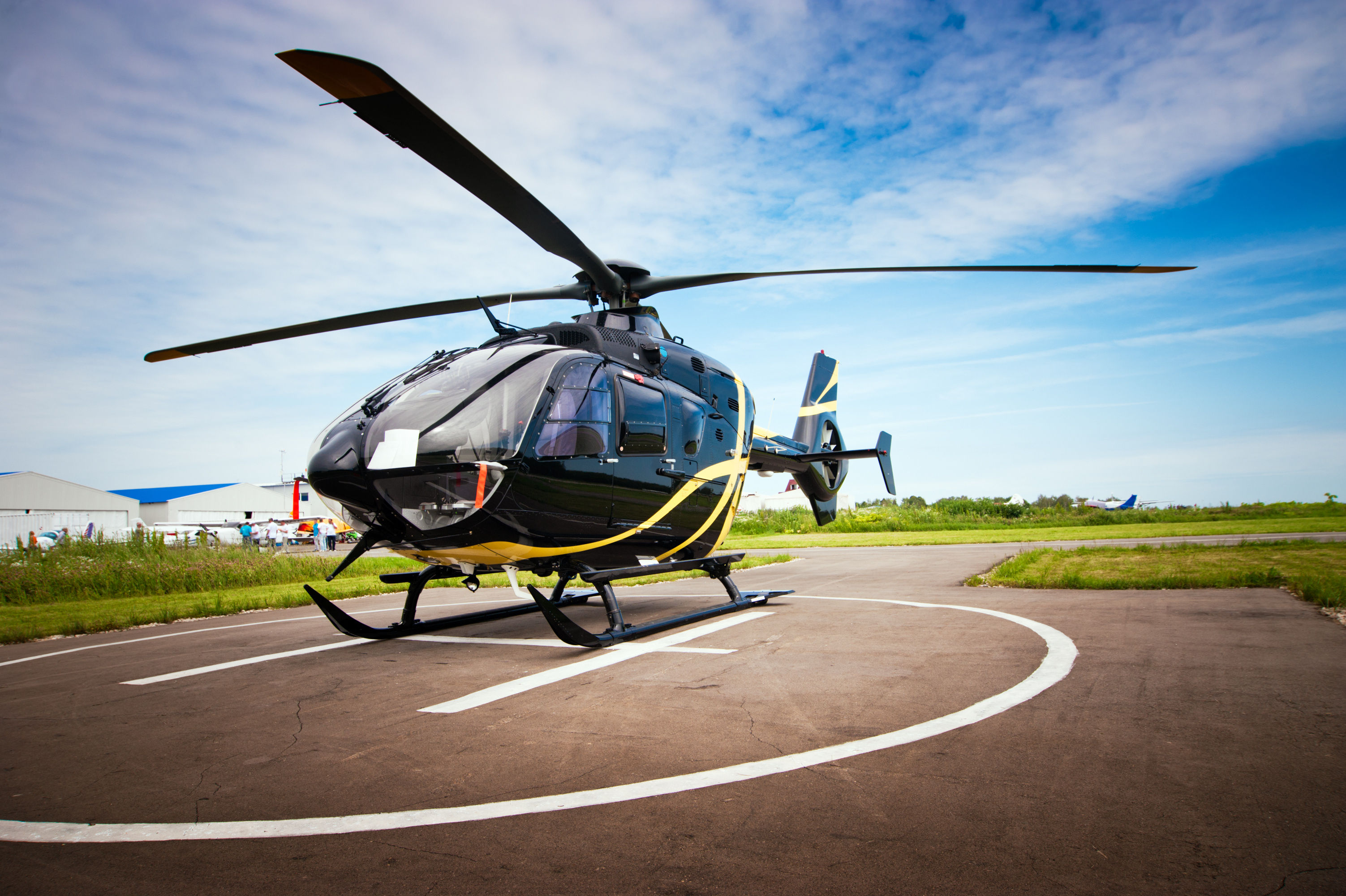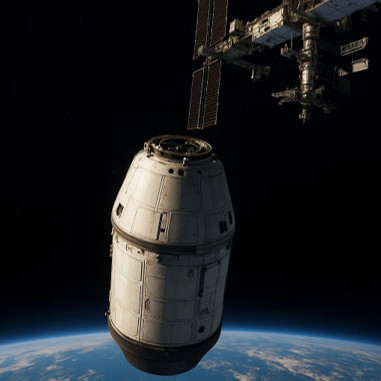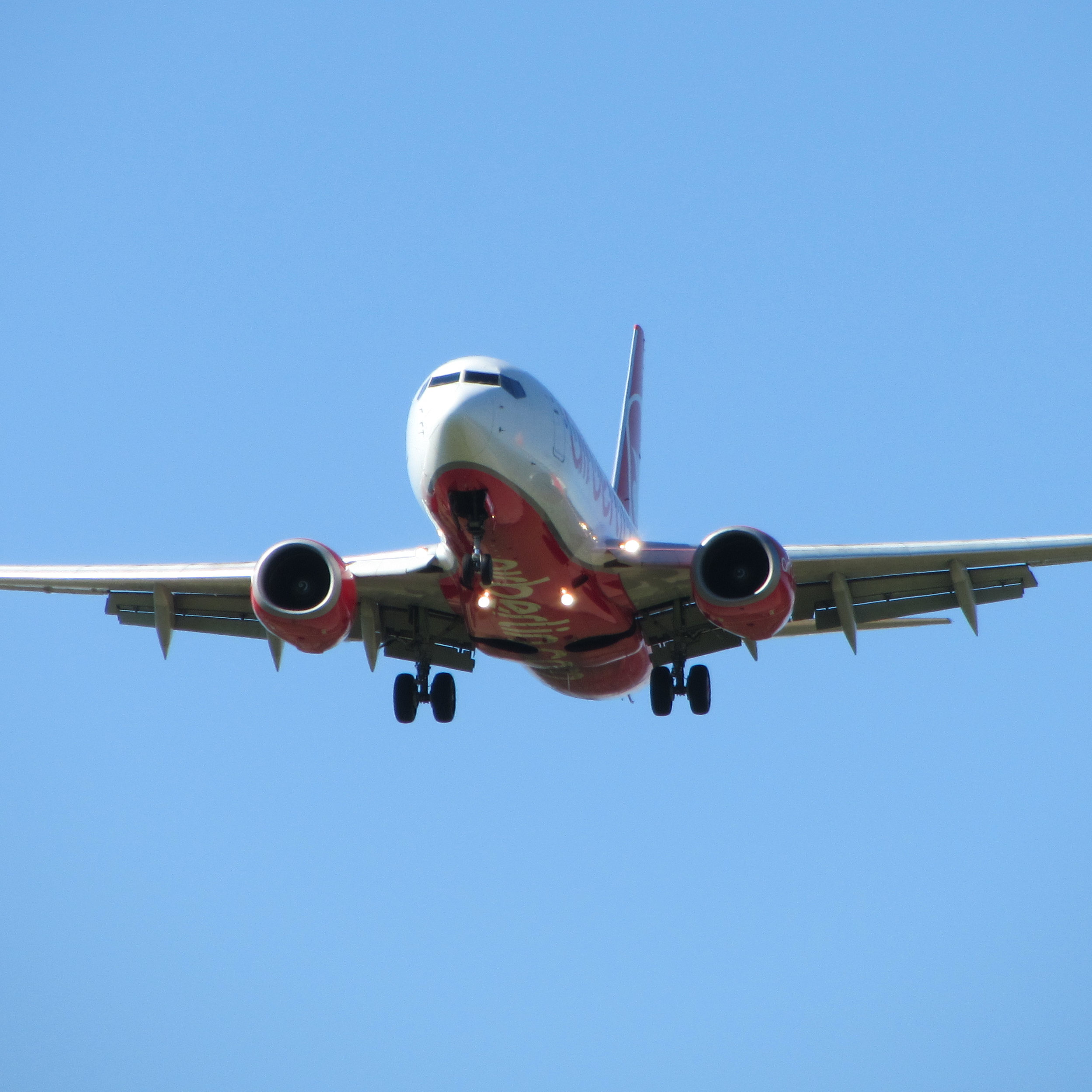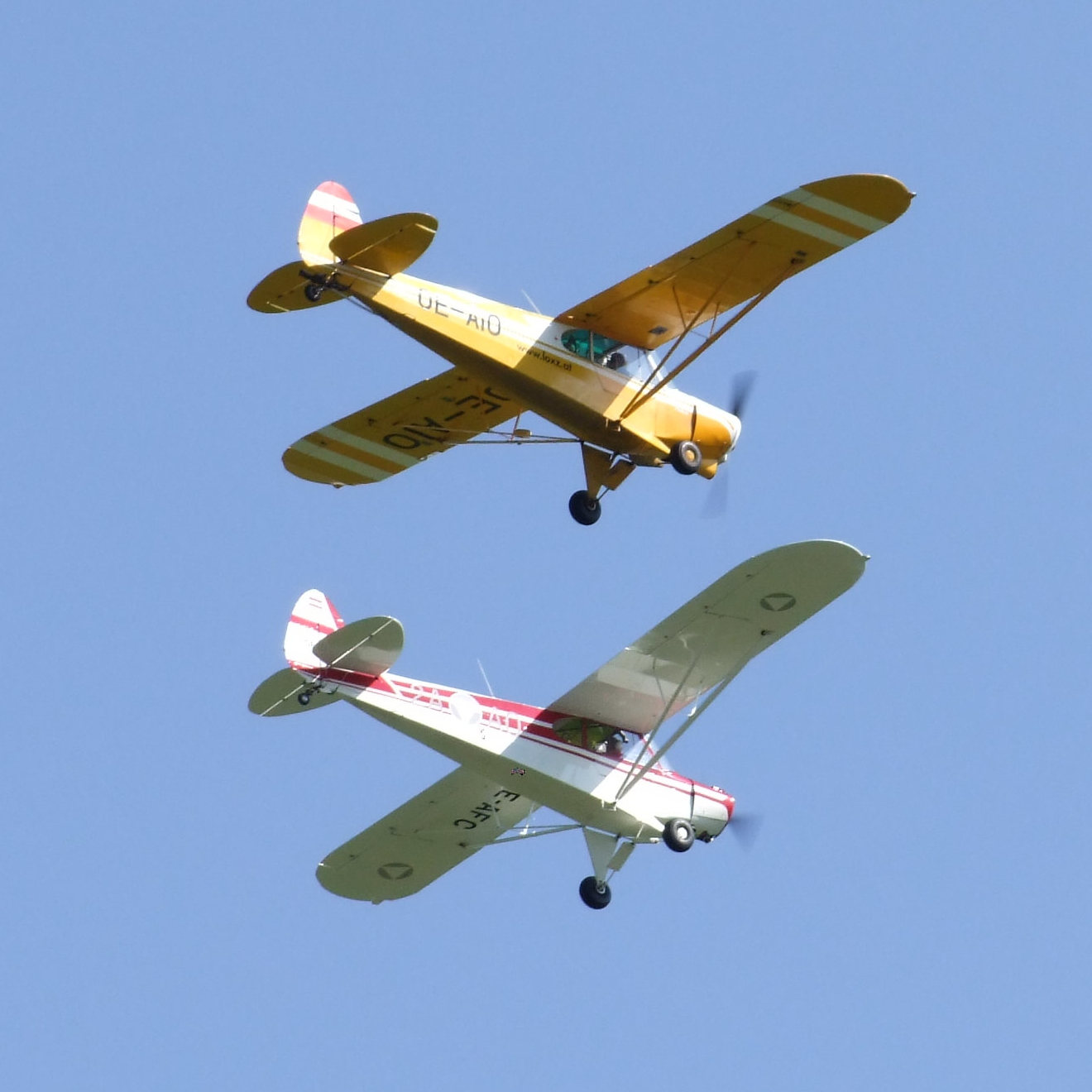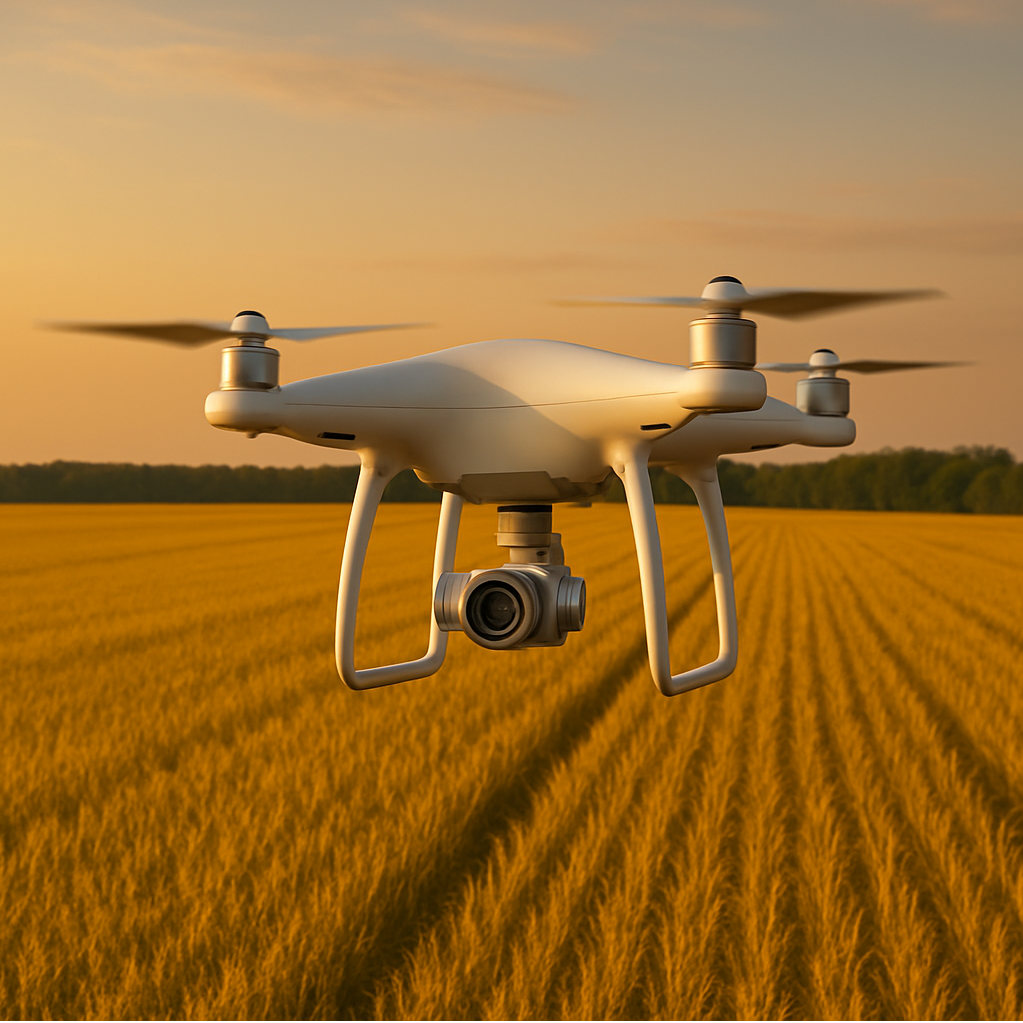Safety and Security: Two Processes, One Aircraft
In many aerospace programs, the safety process (ARP-4761) and the airworthiness security process (DO-326) are still executed largely
independently. Both generate requirements that feed into the aircraft baseline—but they often analyze the same aircraft-level effects from
different angles. Looking closer, there are clear synergies worth exploiting...
Continue on LinkedIn
EUROCAE WG-127
EUROCAE WG-127 started the year with an intense working session at Plenary 11 to identify remaining discussion points and work areas for editing
the Low Risk Development Assurance Standard (LRDA). Our CEO & Software expert, Stephan Thesing, attended the meeting, representing IDA - It
Depends Aero and contributing his expertise in fruitful discussions. Many thanks to all participants for the open and constructive exchanges. We
are starting to see the end of the road toward publishing the standard and are now preparing for an Open Consultation planned for Q3 of this
year.
Continue on LinkedIn
New Year, renewed focus on Safety
As we begin the new year, it is a good moment for aviation organizations from design and production to maintenance and operations to reflect on
how safety awareness is embedded in daily work. Safety should never be seen as the task of safety managers or safety engineers alone. A strong
safety culture is built when everyone takes ownership, regardless of role or seniority. One practical and effective approach is the use of
Safety Moments: short discussions that draw on past accidents, incidents, and near-misses, and focus on the lessons learned from them. Aviation
history offers valuable insights but only if we actively use them.
Continue on LinkedIn
Happy New Year!
This holiday season, we’d like to say thank you to everyone who has been part of our journey this year - our partners, customers, and friends.
May your Christmas be filled with warmth, and the New Year bring new opportunities and continued success. Warm holiday wishes from IDA - It
Depends Aero.
Continue on LinkedIn
ARP4754: why this 1996 guideline still shapes everything we certify today
When people hear “Developement Assurance”, they often think paperwork. In reality, it’s the backbone of how we design safe aircraft systems in a
world where software and integration define the airplane. Where it came from In the early 1990s, digital avionics and fly-by-wire were exploding
in complexity. Regulators and industry saw that “component-by-component” thinking wouldn’t scale to highly integrated functions spread across
systems. The FAA asked SAE’s S-18 committee to create development guidance for these complex, integrated aircraft systems. SAE International and
EUROCAE Standards developed the guidance together, publishing it in 1996 as SAE ARP4754 / EUROCAE ED-79, establishing a full aircraft/system
lifecycle from requirements to verification.
Continue on LinkedIn
New Guidance from EUROCAE: ER-037 Now Published
EUROCAE has released ER-037 | Industry Guidance to consider IHA in aircraft/systems development and safety assessment processes. This document
offers practical recommendations for applying Intrinsic Hazard Analysis (IHA) early in the development of aircraft and complex systems,
particularly valuable for teams working on novel technologies such as UAS, eVTOL, and AI-enabled systems. Early IHA supports effective risk
identification when design flexibility is greatest, helping de-risk development and build safer systems from day one.
Continue on LinkedIn
Simple vs. Complex Airborne Hardware: Why It Matters Under DO-254
In the world of airborne electronics, the distinction between simple and complex hardware is more than a technical formality, it directly
impacts how systems are designed, verified, and certified. At IDA, understanding this distinction is fundamental to how we deliver certifiable,
safety-critical solutions.
Continue on LinkedIn
Verification vs. Validation in Aerospace - Getting It Right (ARP4754B & ARP4761A)
In aerospace, Verification and Validation are often used interchangeably but they serve very different purposes. Understanding this distinction
is key to ensuring both compliance and safety across the lifecycle of an aircraft or system. Let’s simplify it. Validation: Are we building the
right system? Verification: Did we build the system right?
Continue on LinkedIn
When Cybersecurity Becomes a Safety Issue in Aviation
The upcoming EASA Part-IS regulations (EU 2022/1645 & 2023/203) mandate that DOA, POA, and Part-145 organizations adopt an Information Security
Management System (ISMS). This isn’t just compliance, it ensures that digital disruptions don’t ripple into safety, production, or maintenance.
The framework follows principles akin to ISO 27001: defined processes, roles, asset-risk mapping, reporting, and continuous improvement. Part-IS
becomes effective in October 2025 for DOA/POA, and 2026 for Part-145 entities.
Continue on LinkedIn
EASA Adopts SORA V2.5 - Turning the Page in UAS Risk Assessment
Great news to share: EASA has formally adopted SORA V2.5 via its new AMC & GM under ED Decision 2025/018/R, making the updated methodology an
acceptable means of compliance for “specific” UAS operations in Europe
Continue on LinkedIn
What do Systems Engineering (ARP4754) and Oktoberfest have in common?
At first glance, aircraft certification standards and beer festivals couldn’t be further apart. But look closer, and you’ll find surprising
parallels...
Continue on LinkedIn
What luxury flats and DO-178C SW development have in common? - Part 2
A big step in rigor comes at SW Level C. Low-level requirements must be created, full traceability (system → code → tests) established, and
development standards (requirements, design, code, model) demonstrated. Verification expands to worst-case execution time and absence of
run-time errors. Statement coverage is required. Independence is optional like adding a door camera for extra safety. Many teams also introduce
separate verification groups here to prepare for higher levels.
Continue on LinkedIn


